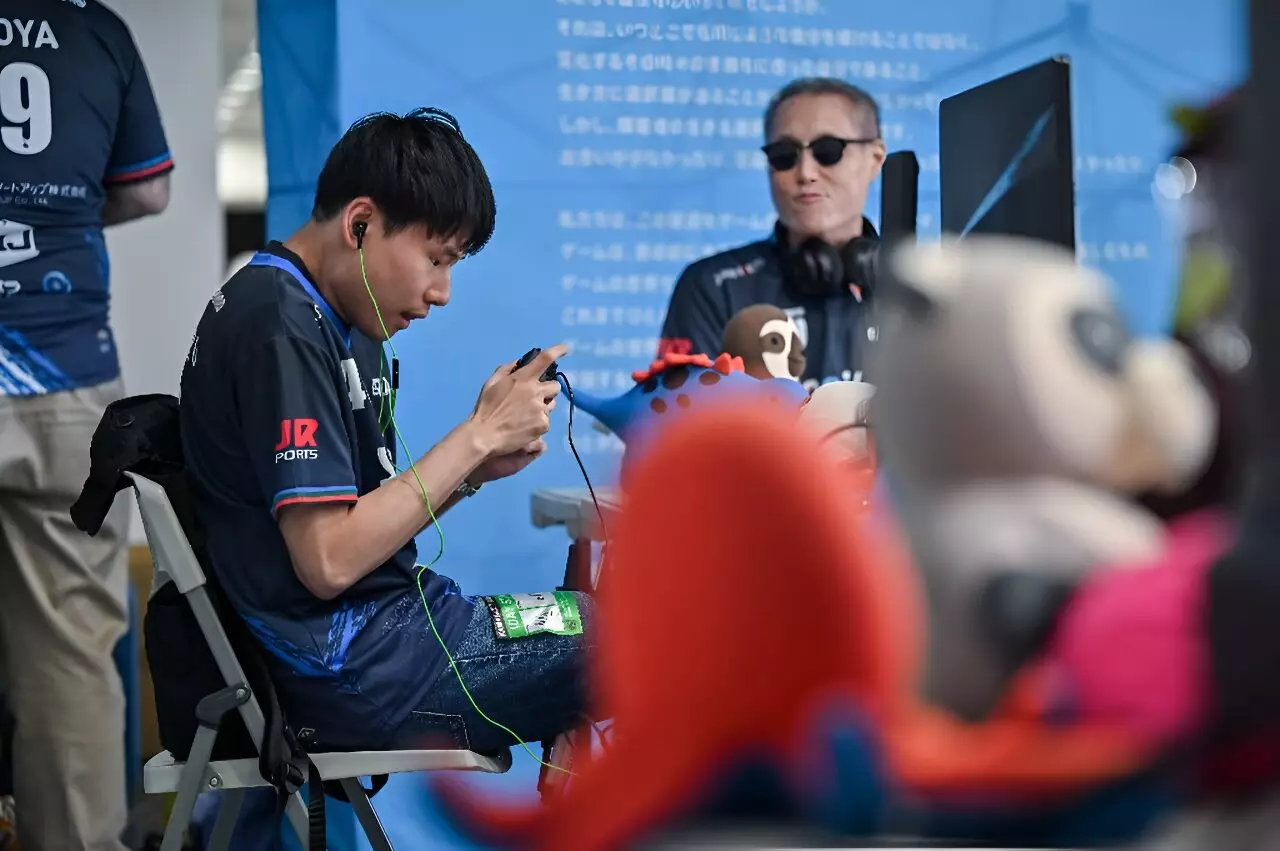The story of Japanese eSports gamer Mashiro, who is blind, highlights the potential of artificial intelligence in improving accessibility for people with disabilities. Mashiro’s journey to a Para eSports meet-up using the AI chatbot ChatGPT demonstrates how technology can be harnessed to provide individuals with the independence they desire. By leveraging tools like GPT-4o and Google’s Gemini, individuals like Mashiro can navigate their surroundings and engage with everyday services with greater ease.
Despite the promising prospects of AI in assisting individuals with disabilities, there are challenges that need to be addressed. The limited recognition of specific languages and locations by chatbots like ChatGPT can make the user experience more cumbersome for individuals like Mashiro. Additionally, the accuracy of real-time visual recognition remains a key area for improvement, as highlighted by experts like Masahide Ishiki and Marc Goblot. The need for AI to cater to a diverse range of users and perceptions is crucial for ensuring inclusivity.
The potential of AI to empower individuals with disabilities is vast, as noted by Youngjun Cho, an associate professor in computer science. By tailoring solutions to specific needs, AI can provide personalized assistance, such as speech-to-text transcription for individuals with hearing loss and resume formatting for those with learning disabilities. Tools like Seeing AI, Envision AI, and Be My Eyes are paving the way for enhanced accessibility by leveraging AI technology to describe images and provide real-time assistance.
As AI continues to evolve, there is a growing need to ensure that technology remains accessible to all individuals, regardless of their abilities. The collaboration between platforms like Be My Eyes and OpenAI to develop a “digital visual assistant” underscores the commitment to enhancing inclusivity through AI. By addressing the limitations and challenges faced by individuals like Mashiro, the potential for AI to revolutionize accessibility for people with disabilities is immense.
The story of Mashiro and his reliance on AI technology to navigate his surroundings sheds light on the transformative power of artificial intelligence in promoting independence and accessibility for individuals with disabilities. As technology continues to advance, there is a growing opportunity to harness AI to create a more inclusive and accessible world for all. By addressing the unique needs and challenges faced by individuals with disabilities, AI has the potential to break down barriers and empower individuals to lead more independent and fulfilling lives.


Leave a Reply